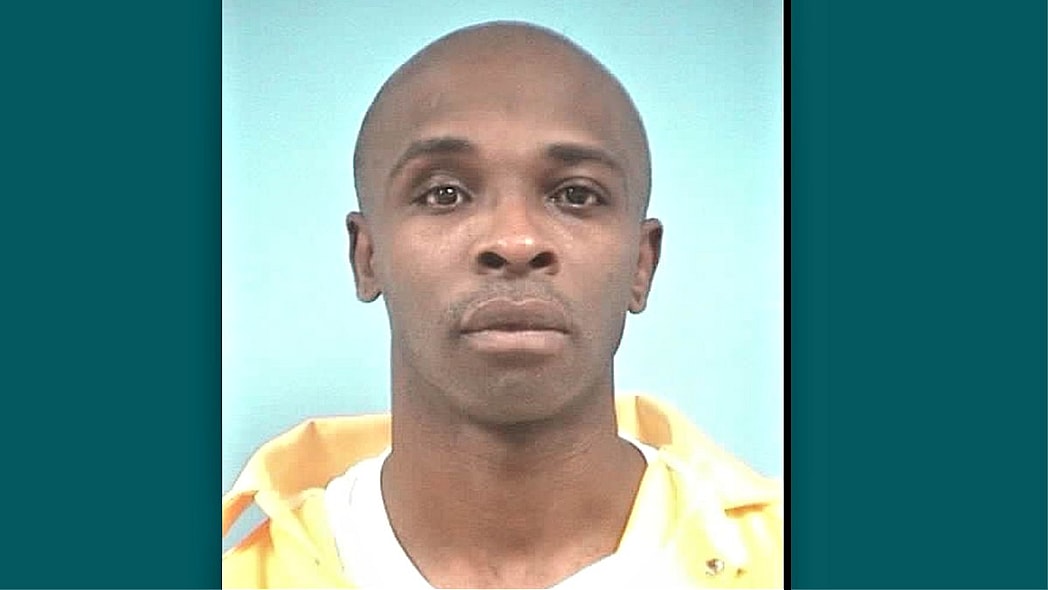The Mississippi Supreme Court has upheld a 12-year prison sentence for a Black man who was found to be in possession of a cellphone while in prison, all because the corrections officers failed to confiscate it during the booking process.
Willie Nash was arrested originally on a misdemeanor charge and had gotten through booking – a time when inmates are supposed to be strip-searched. However, when Nash asked a jailer if he could charge his cellphone at the Newtown County Jail in Decatur, Miss. he discovered the next day that he was being slapped with felony possession charges, according to WDAM 7. The phone, which had only been used to text his wife, was confiscated and given to the sheriff’s deputy in charge.
In 2018, a jury convicted Nash of possessing the cellphone while in the county jail, which in Mississippi is a felony carrying a three to 15-year prison sentence. Judge Mark Sheldon Duncan sentenced Nash to 12 years in prison and told him he should feel “fortunate” he didn’t get even more time, based on a previous burglary conviction that dates back to the early 2000s. The judge also slapped a $5,000 fine on Nash, reports WDAM 7.
READ MORE: At least 5 Mississippi inmates die in one week after violent uprisings, now activists demand answers
In Mississippi, inmates found possessing “any weapon, deadly weapon, unauthorized electronic device, contraband item, or cell phone or any of its components or accessories to include, but not limited to, Subscriber Information Module (SIM) cards or chargers” face some of the strictest penalties in the nation, according to The Washington Post.
Willie Nash filed a motion for a new trial, which was denied. However, on appeal, Nash’s attorney argued that the 12-year sentence was “grossly disproportionate to his crime” and violated the Eighth Amendment. Essentially, the basis of his argument was that through the statute, possession of a weapon was the most serious offense and that possessing a cell phone was the least serious if it was not used to commit a crime.
READ MORE: Caught on VIDEO: Cleveland prison guards beat up mentally-ill man who was tied to a chair
The Supreme Court disagreed, ruling that that statute didn’t distinguish degrees of punishment based on what was possessed. The Supreme Court also found that Nash’s sentence fell within the statutory range and, while “obviously harsh,” was not disproportionate to the crime and should be upheld.
Nash contends that he had no idea that having a cellphone in jail was illegal. And although the state’s Supreme Court realizes that part of the blame does, in fact, lie with the way he was booked it was determined on Thursday that his sentence is fair.
In a separate written opinion, Presiding Justice Leslie D. King wrote that while technically correct based on case law, the Supreme Court’s ruling demonstrates a “failure of our criminal justice system on multiple levels.”
READ MORE: Black man, already tried six times for 1996 murders, now looking at seventh trial
For one, King agrees that the booking procedure was not done properly. Secondly, King wrote that Nash appeared to be unaware that inmates could not bring cellphones into the jail – particularly by him asking a jailer to charge the phone for him – and it also appeared that no one in booking told him otherwise.
King also said Nash’s last conviction was in 2001 when he was sentenced to seven years in prison for burglary. Since his release for nearly 10 years later, she said he has not gotten into any trouble. Instead, he got married and became a good provider for his wife and three children. For these reasons, King said the sentence was too harsh and a lesser sentence should have been given.
According to the Mississippi Department of Corrections, Nash’s won’t be a free man until Feb. 2, 2029. Meanwhile, Mississippi continues to have the third-highest incarceration rate in the country.


